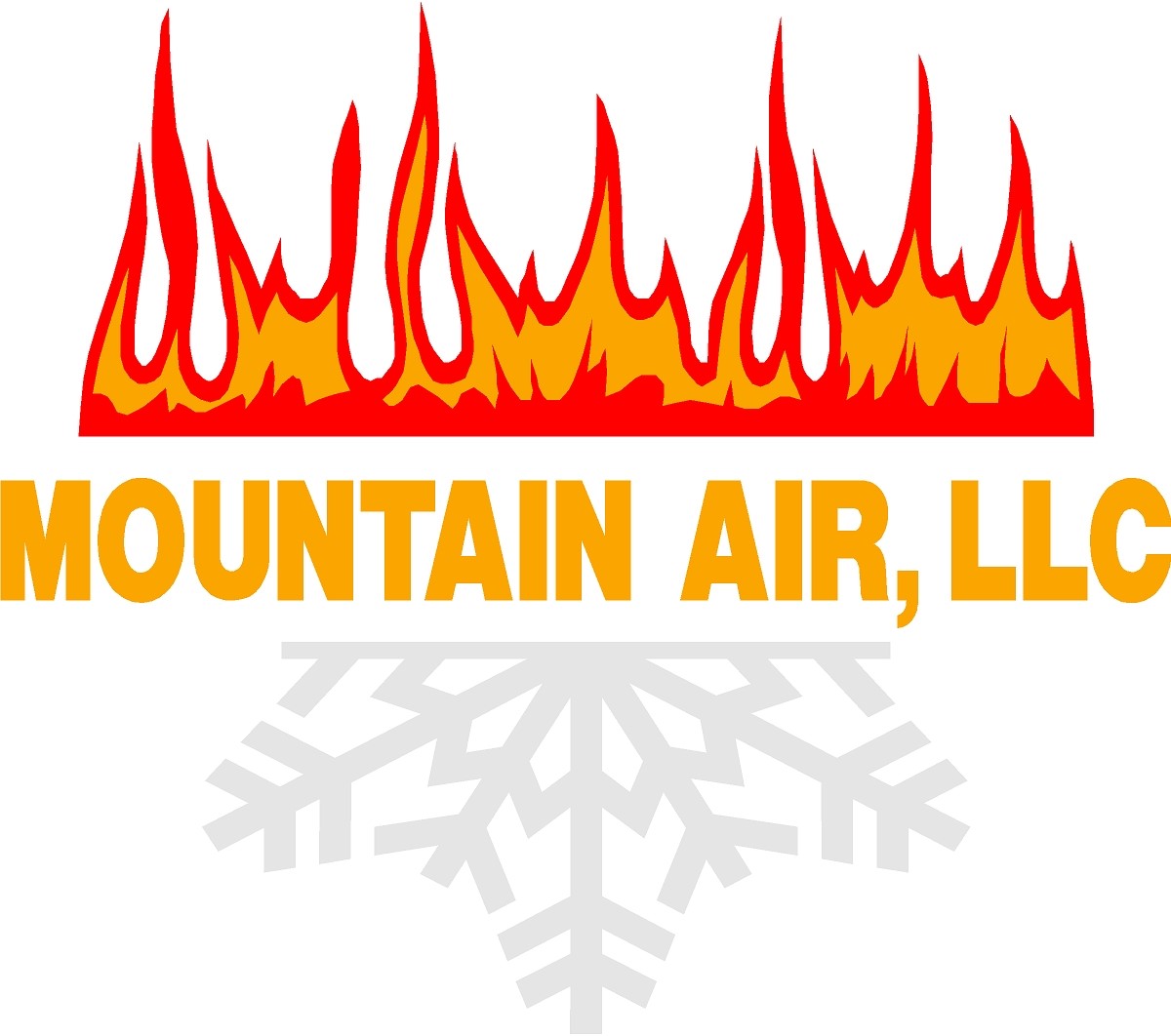
If you’re uncertain whether your Morgantown residence has poor indoor air quality (IAQ), it possibly does.
We are indoors a lot. In reality, we’re inside up to 90% of the time, according to the U.S. Environmental Protection Agency. And the air inside homes could be 2–5 times more polluted than outdoors, which may create long-term health issues.
Most Common Sources of Unsatisfactory IAQ
We’ve put together a list of the most common causes of poor IAQ, the issues they create and how you can remedy these indoor air pollutants. If you’re troubled by the air inside your home, we suggest consulting with a professional like Mountain Air about which products are ideal for your home.
Volatile Organic Compounds
Volatile organic compounds, or VOCs, are chemicals leaked by regular household items.
They’re found in paint and stains along with:
- Furniture
- Carpet
- Building materials
- Cleaning products
- Cosmetics
- Air fresheners
- Candles
When these fumes accumulate indoors, they can irritate your eyes, nose and throat. They can also lead to headaches and nausea. Regardless of whether your residence is in a rural or industrial space, an EPA study found indoor levels of these fumes can be 2–5 times worse than the air outside.
Always follow the manufacturer’s directions when applying paint or spraying cleaning products. Unlatching a window can help vapors disappear faster.
Air purification systems can also improve your air. This system partners with your heating and cooling system to freshen indoor air. When hunting for a system, ensure it’s specifically made to wipe out VOCs.
Dust and Pet Dander
Dust and pet dander can irritate health problems like asthma and allergies, especially when it continually gets moved by your residence’s comfort equipment. While you can vacuum more regularly and install an improved air filter, an air filtration system may be a better fit.
This solution hooks to your HVAC equipment to give strong filtration. Some types have hospital-level filtration for eliminating particles and bioaerosols.
Lasting Odors
Newer houses are closely sealed to increase energy efficiency. While this is fantastic for your energy bill, it’s not so good for your IAQ.
Stuffy odors can stay around for a greater amount of time because your home is pulling in less fresh air. Since keeping your windows open throughout the year isn’t doable, here are two ways you can make your indoor air smell fresher.
An air purification system is placed in your ducts to neutralize odors before they get released again. Look for one with a carbon filter and the power to wipe out dangerous VOCs. These systems can also help keep your household healthy by getting rid of most bacteria and normal allergy triggers like pollen and mold spores.
A ventilation system removes stuffy indoor air and replaces it with clean outdoor air. There are two models of units (heat recovery and energy recovery), so call our professionals for more information on which kind is best for your home.
Unsteady Humidity
It’s important your house’s humidity stays even. Air that’s too humid can cause mold, while dry air can create respiratory concerns.
Our technicians suggest 40–50% for the best comfort. To keep yours even, think over getting a whole-home humidifier or whole-home dehumidifier with your HVAC unit.
Rather than having to lug a humidifier from room to room, this product delivers consistent humidity around your house.
Carbon Monoxide
Carbon monoxide is colorless gas you can’t smell. It’s a byproduct of insufficient combustion in fuel-burning equipment, like gas heating systems, water heaters or fireplaces.
It produces an extreme health risk. In little levels, it can cause flu-like symptoms like headaches and nausea. It can be fatal in big concentrations.
We advise yearly furnace maintenance to make sure your equipment is operating like it should. This service allows our pros to discover issues before they start, including malfunctions that can cause carbon monoxide leaks.
The best method to keep your home free of carbon monoxide is to get detectors. These alarms need to be on each floor near bedrooms and living rooms.
Improve Your Residence’s Air Quality with the Mountain Air Professionals
Informed that your residence has inferior air quality but not sure how to make it better? Or unsure which option is ideal for you? Give our approachable HVAC professionals a call at 304-413-1287 or contact us online today. With free estimates and professional assistance, we’ll help you find the right option for your home and budget.
